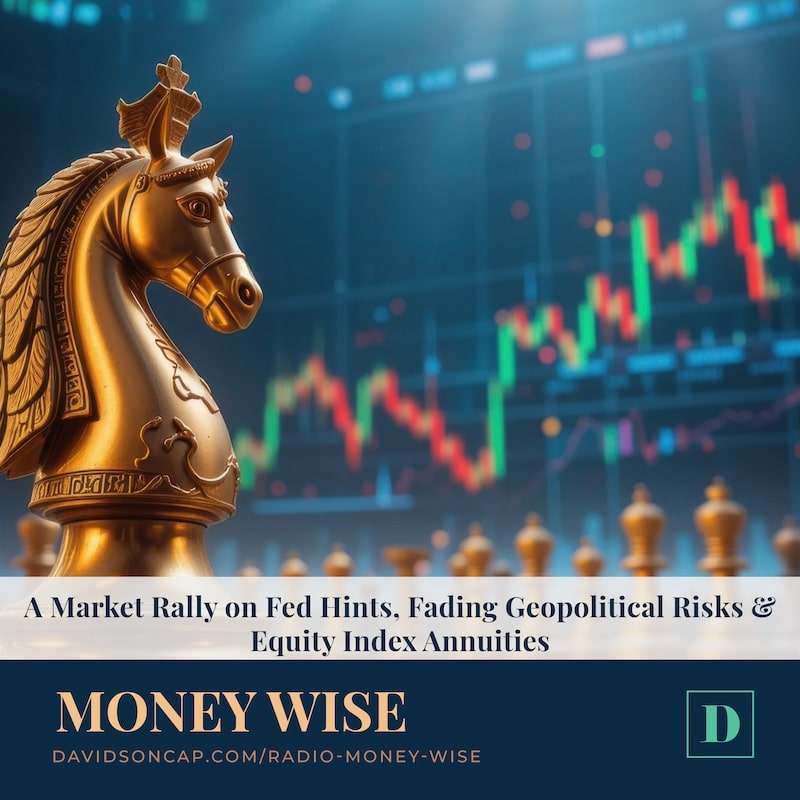A Primer on Cyclical Stock Market Seasonality
The stock market, often described as dynamic and unpredictable, is nonetheless subject to patterns that diligent investors can capitalize on. One of the intriguing phenomena within this financial realm is stock market seasonality – the recurring cycles and patterns that influence the market’s performance over different periods of time. Understanding these patterns can empower investors to make more informed decisions, manage risks, and optimize their investment strategies. If you’re looking to step up your investment game, read on for a deep dive into the concept of stock market seasonality, its underlying drivers, and how you can leverage this knowledge to your advantage.
Unraveling the Concept of Stock Market Seasonality
Stock market seasonality refers to the tendency of the stock market to exhibit recurring patterns of behavior within specific time frames, such as days, months, or quarters. These patterns can be observed over various historical periods and have led to the identification of some distinct seasonal trends. While stock prices are influenced by a multitude of factors, including economic indicators, geopolitical events, and company-specific news, seasonality is a supplementary factor that provides investors with additional insights into market behavior.
The Drivers of Stock Market Seasonality
Several factors contribute to stock market seasonality:
- Psychological Factors: Human psychology plays a significant role in shaping market behavior. Investors’ emotions, sentiments, and behaviors tend to exhibit consistency during certain times of the year. For example, the “January effect” is a phenomenon where stock prices tend to rise in the early part of the year as investors implement their New Year’s resolutions to invest more.
- Tax-Related Activities: Year-end tax planning and investment decisions often influence the stock market. Toward the end of the year, investors may sell losing positions to offset gains and reduce their tax liabilities, leading to increased market volatility.
- Earnings Reports: Corporate earnings reports are released on a quarterly basis, and we often discuss their impact on our weekly radio shows and podcasts. These reports can trigger significant price movements based on whether a company meets, exceeds, or falls short of market expectations.
- Holidays and Market Closures: Market activity tends to be lower as holidays approach, which can impact trading volumes and volatility. For instance, the “Santa Claus rally” refers to the tendency for stocks to rise in the last trading days of December, possibly due to increased optimism during the holiday season.
- Cyclical Economic Factors: Certain industries experience higher demand during specific times of the year. For example, retail stocks might perform better during the holiday shopping season.
SEE ALSO: Investing for the Long Haul: The Power of Compound Interest
The Intriguing Cycles of Stock Market Seasonality
Several well-documented market cycles further illustrate the notion of stock market seasonality:
- Monthly Cycles: The first trading day of the month has historically shown positive returns compared to other trading days. Moreover, the “Sell in May and go away” strategy suggests that the period from November to April tends to yield higher returns compared to the period from May to October.
- Day-of-the-Week Cycles: The “Monday effect” refers to the trend of stock prices often being lower on Mondays, potentially due to negative news over the weekend. Conversely, Fridays tend to exhibit higher returns.
- Quarterly Earnings Cycles: As mentioned earlier, corporate earnings reports influence market dynamics. The period surrounding earnings announcements can lead to heightened volatility and price fluctuations.
- Holiday-Related Cycles: The period around major holidays, such as Thanksgiving and Christmas, often experiences a rally in stock prices, possibly attributed to increased consumer spending and positive sentiment.
SEE ALSO: Understand Investing Terminology to Build More Wealth
Leveraging Stock Market Seasonality for Investment Strategies
While stock market seasonality offers insights into historical patterns, it’s important to note that past performance is not a guarantee of future results. Still, investors can employ certain strategies to potentially benefit from these seasonal trends:
- Diversification: By understanding which sectors or industries tend to perform well during specific times of the year, investors can adjust their portfolios to include assets that align with these trends.
- Tactical Asset Allocation: Investors can adjust their asset allocation based on the prevailing market seasonality. For instance, they might allocate more funds to stocks during historically strong months.
- Options Trading: Those experienced in options trading can use strategies that capitalize on heightened volatility during earnings seasons.
- Tax Planning: Investors can strategically manage their portfolios toward the end of the year to optimize tax outcomes. This might involve tax-loss harvesting or rebalancing to ensure their investments align with their overall financial goals.
- Contrarian Approach: While seasonality suggests trends, adopting a contrarian approach involves going against the grain. This could mean selling when the market is bullish based on historical trends or buying during perceived weak periods.
Concluding Thoughts
Stock market seasonality offers a lens through which investors can view the cyclical nature of the financial markets. While these patterns can provide valuable insights, they should be considered alongside other fundamental and technical analyses. Successful investing requires a comprehensive understanding of the multifaceted forces that drive market movements. By integrating knowledge of stock market seasonality into your decision-making processes, you can enhance your ability to navigate the market’s ebb and flow, potentially leading to more informed and profitable investment choices.
Are you ready to elevate your investment strategy? Whether you’re a seasoned investor or just starting out, our team here at Davidson Capital Management is dedicated to actively managing your portfolio to achieve your financial goals. Take the first step toward a brighter financial future by contacting us today for a consultation that could reshape your investment strategy.




